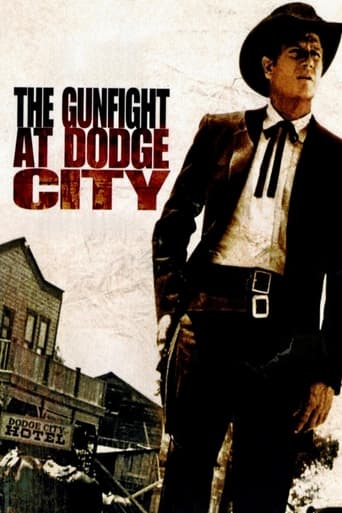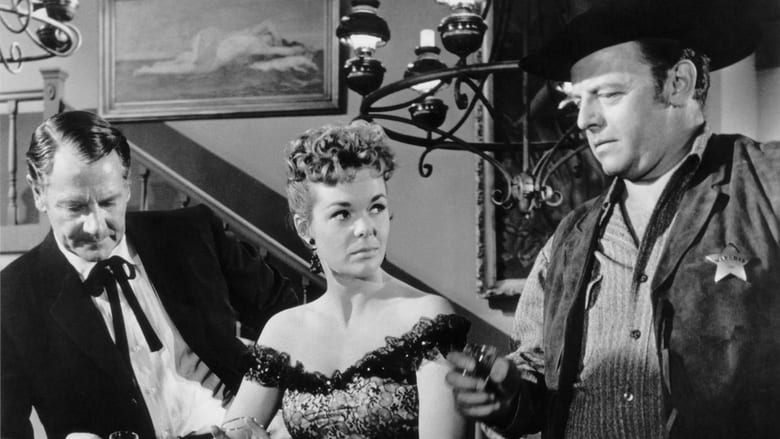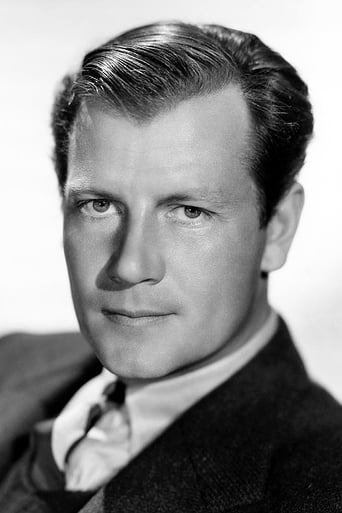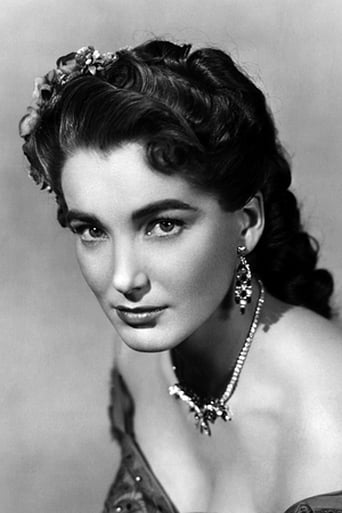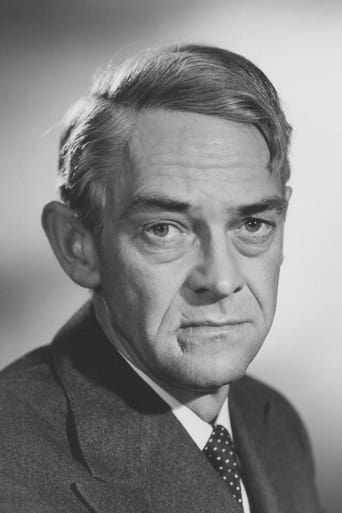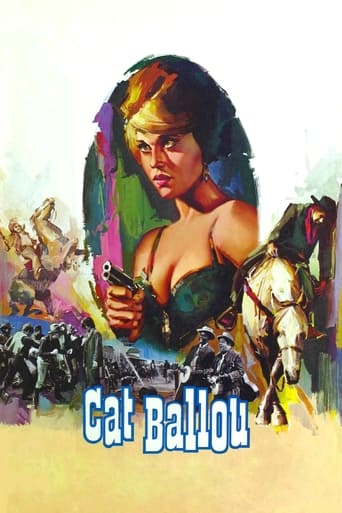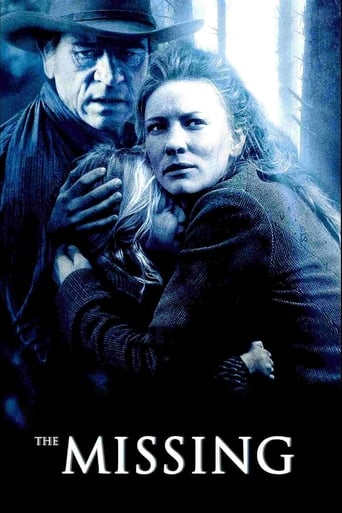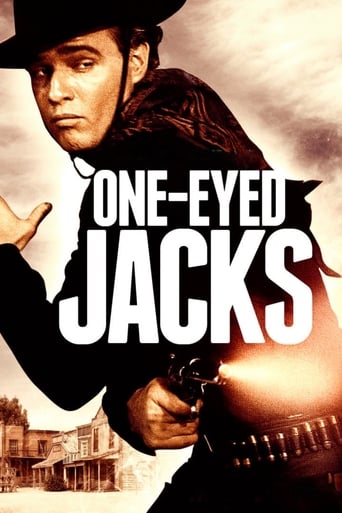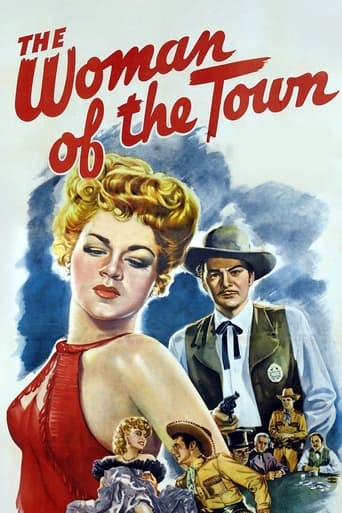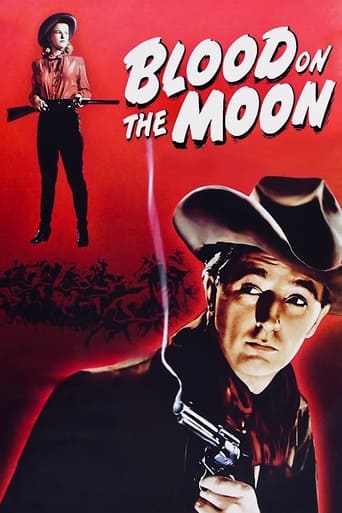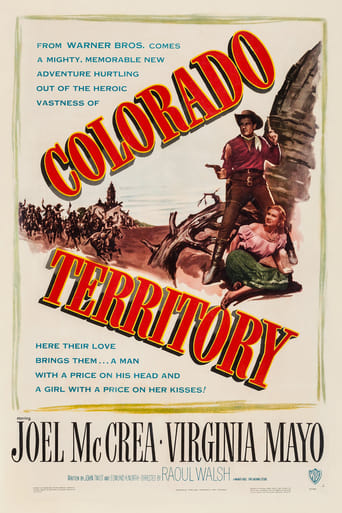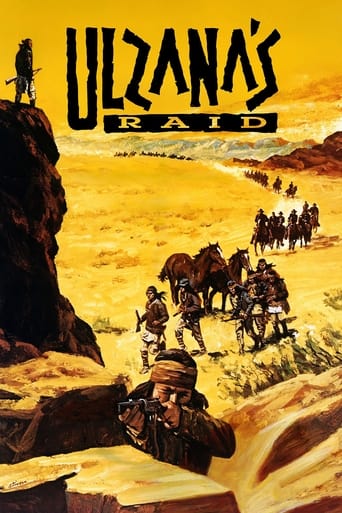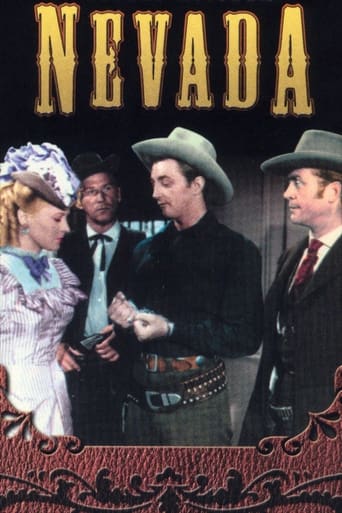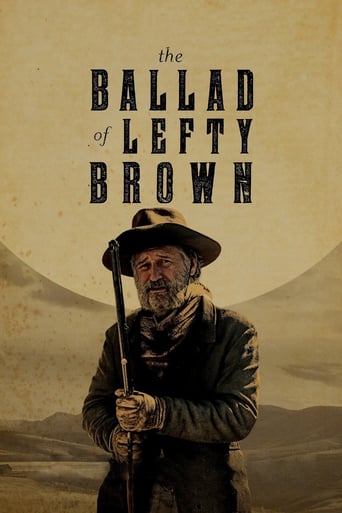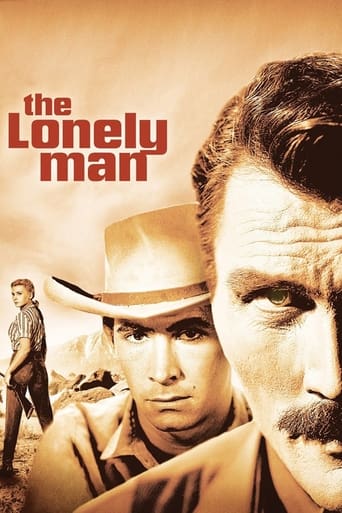The Gunfight at Dodge City (1959)
Fleeing to Dodge City after killing a man in self defence Masterson finds his brother Ed (Harry Lauter) running for sheriff of the town. When Ed is killed by hired guns of the corrupt incumbent Bat is determined to settle the score with violence but he is convinced by the townspeople that the best way to avenge his brother's death is by taking Ed's place on the ballot. Bat agrees and wins the election but his new role on the right side of the law will lead him to unexpected confrontations as he finds himself torn between his loyalties to his friends and his duties as sheriff.
Watch Trailer
Free Trial Channels
Cast


Similar titles
Reviews
Highly Overrated But Still Good
It's entirely possible that sending the audience out feeling lousy was intentional
Excellent and certainly provocative... If nothing else, the film is a real conversation starter.
Exactly the movie you think it is, but not the movie you want it to be.
"Virginian" star Joel McCrea displays his virile charisma as legendary frontier lawman 'Bat' Masterson in "Fort Massacre" director Joseph M. Newman's an above-average but often predictable "The Gunfight in Dodge City," that Walter Mirisch produced a couple of years after John Sturges' superlative shoot'em up "Gunfight at the O.K. Corral with Burt Lancaster and Kirk Douglas. Mind you, "Gunfight at the O.K. Corral" was casual about its fidelity to facts, and "Two Guns and a Badge" scenarist Daniel B. Ullman and "Fort Massacre" scribe Martin Goldsmith are just as guilty. Indeed, Dodge City, Kansas, existed, and there was a 'Bat' Masterson as well as an Ed Masterson. However, Ullman and Goldsmith have altered the circumstances around Ed's unfortunate demise to stimulate conflict on our hero's motivation to eliminate the culpable adversaries. The production values are better-than-average, and the cast features several familiar faces, even those lurking on the periphery. Look for Robert Mitchum's younger brother John, for example, as a boisterous cowboy eager to whoop it up. Aside from seasoned western veteran Joel McCrea, the cast includes John McIntire, Richard Anderson, James Westerfield, Walter Coy, Don Haggerty, and the always dependable Harry Lauter as Ed Masterson. Basically, aside from the general facts, "The Gunfight at Dodge City" amounts to a dusty, standard-issue horse opera about the taming a wild cattle town and the evils of killing. Newman confines the action to a trim 81, so neither it nor he wear out their welcome. "Shoot-Out at Medicine Bend" lenser Carl E. Guthrie deploys his Cinemascope lens for the best effect, and this western looks better than it deserves. Western aficionados will notice that our hero is caught between the two typical women--the saloon girl and a preacher's daughters--and the outcome clashes with what usually occurs in a western. If you enjoy westerns, you'll find that Newman handles with clichés with competence.
If this had been a black and white film, I probably would have rated it where I go with almost all of them, a solid 'six' and not much more. But you don't see many 'B' Westerns in color, hence the bump up a notch. That, and the main character named Bat Masterson, portrayed by the generally competent Joel McCrae in the lead role. The story plucks Bat from his buffalo hunter days and puts him directly into a situation challenging Dodge City sheriff Jim Regan (Don Haggerty). Standing up to bully Regan gets him elected handily, though it took the murder of Bat's brother Ed (Harry Lauter) to help push the story along.Masterson's legacy as a real life gambler is dealt with neatly in the story line. Arriving in Dodge City, Bat's described as a dealer of black-jack with three fingers - thumb, index and trigger. Later, when asked if he's giving up his half interest in the Lady Gay Saloon after being elected sheriff, he declines citing Wyatt Earp's ownership of three gambling joints in Wichita.I was a little surprised to see Bat put a move on his dead brother's girl (Julie Adams), and I probably would have been disappointed if the picture went in that direction. Fortunately he figured out that the relationship would have been doomed from the start. However there was a fall back position with partner Lily (Nancy Gates) from the Lady Gay which wound up working out in the end.I had to do a double take with the gunfight finale here, as all the while it had the earmarks of the James Arness weekly opening of 'Gunsmoke' which ran for twenty one seasons. It made some sense, since Matt Dillon was the marshal of Dodge City too, probably right after Bat left if I had to guess. Interestingly though, the first season of Gunsmoke occurred four years earlier, making McCrae's showdown somewhat unoriginal in the execution.
We've seen it all before in so many Westerns, even to the cosy buggy ride out into the country for a bit of romancing. If the tagline was "All The Thundering Might Of The Most Famed Gunfight Of Them All!", then this was hyperbole even by Hollywood standards; when I sat down to watch it it I thought it might be a reworking of the OK Corral shootout, but it wasn't; the inevitable gunfight at the end was quite tame, and its outcome predictable. McCrea was in his latish fifties when the film was made, and it would have been a sad swansong for an usually-watchable actor; thank goodness he went onto make "Ride the High Country".
I enjoyed this. It provides everything one expects from a Western: good plot, revenge, love, conflict between law and personal conscience, plenty of gun-play, and mood. And a few excellent quotes. Try: "The distance between here and that street is the distance between a rabbit and a man." The beginning is refreshing too. Before the title and opening credits, a world-weary McCrea is telling a simple teenage boy who admires his prowess with a gun what it really is like. How scared one is, how little it has to do with heroics, and how awfully wretched one feels afterwards. In this film, the gunfights are fast, and mostly in the dark. That's probably more accurate than so many more overblown sequences in other films. The performances on everyone's part, even the baddies', are in many ways unexpectedly subtle. Take Regan, the bad Sheriff. Look at his strange, tormented eyes. None of it's overplayed. If it's raining outside, get out the popcorn and curl up with this.

